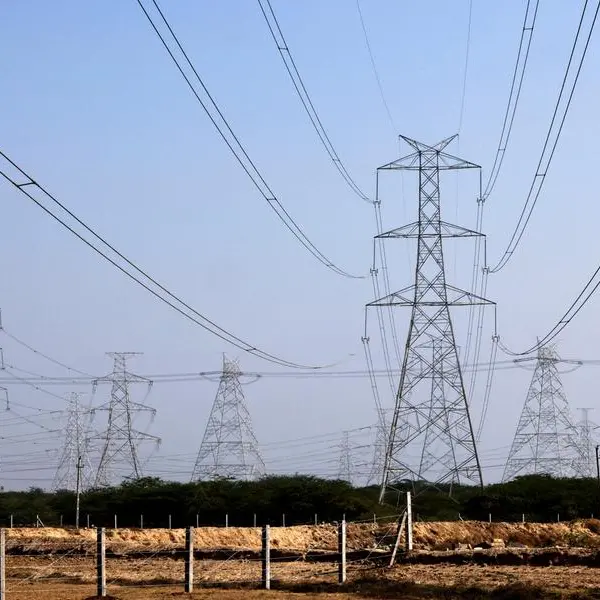PHOTO
WASHINGTON: U.S. and British forces carried out a fresh round of strikes on Monday in Yemen, targeting a Houthi underground storage site as well as missile and surveillance capabilities used by the Iran-aligned group against Red Sea shipping, the Pentagon said.
The Houthis, who control the most populous parts of Yemen, have said their attacks are in solidarity with Palestinians as Israel strikes Gaza.
The Houthi attacks have disrupted global shipping and stoked fears of global inflation. They have also deepened concern that fallout from the Israel-Hamas war could destabilize the Middle East.
In the latest response, U.S. and British forces carried out strikes at eight different locations in Yemen, with support from Australia, Bahrain, Canada and the Netherlands, according to a joint statement signed by the six countries.
A senior U.S. military official, speaking on condition of anonymity, said roughly 25 to 30 munitions were fired, including from warplanes launched from a U.S. aircraft carrier.
So far, eight rounds of strikes over the past month have failed to stop Houthi attacks against shipping.
U.S. officials say the strikes have degraded the Houthis' ability to carry out complex attacks. But they have declined to offer any specific figures as to the number of missiles, radar, drones or other military capabilities destroyed so far.
"We are having the intended effect," the U.S. military official told Pentagon reporters.
British Defence Minister Grant Shapps said in a statement that the latest strikes were carried out in self-defense.
"This action will deal another blow to their limited stockpiles and ability to threaten global trade," Shapps said.
President Joe Biden said last week that air strikes would continue even as he acknowledged they may not be halting the Houthi attacks.
Last week, the Houthis launched two anti-ship ballistic missiles at a U.S.-owned tanker ship that hit the water near the vessel but caused no injuries or damage.
Biden's emerging strategy on Yemen aims to weaken the Houthi militants but stops well short of trying to defeat the group or directly address Iran, the Houthis' main sponsor, experts say.
The strategy - a blend of limited military strikes and sanctions - appears aimed at preventing a wider Middle East conflict even as Washington seeks to punish the Houthis for their attacks on Red Sea shipping.
Container vessels have been pausing or diverting from the Red Sea that leads to the Suez Canal, the fastest freight route from Asia to Europe. Many ships have been forced to take the longer route via the Cape of Good Hope instead. (Reporting by Idrees Ali and Phil Stewart; editing by Jonathan Oatis and Rosalba O'Brien)





















